Unless your child is eager to get glasses, he or she may not tell you about their vision issues. So, how do you know if they need help? Signs of myopia in kids include:

Holding books, tablets, or
homework close to the face

Sitting too close
to the TV

Squinting or closing
one eye to read

Frequent headaches
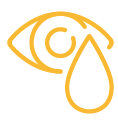
Excess watering
of the eye
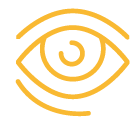
Rubbing eyes
Worsening school or athletic performance, or withdrawal from those activities could indicate a vision problem. Asking to sit at the front of the classroom also may be a sign that your child has trouble seeing.
Schedule an AppointmentMyopia, most commonly called nearsightedness, is a visual condition that causes poor long-distance vision. In other words, close-up objects appear clear but far-away ones are blurry.
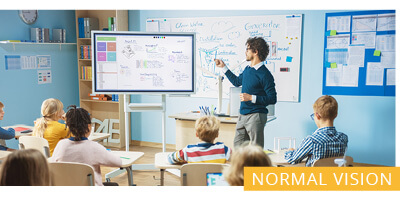
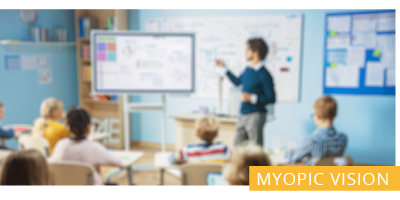
The presence of myopia is increasing globally at an alarming rate. The American Academy of Ophthalmology estimates that by 2050, 50% of the world’s population will be dealing with myopia (versus 23% today).
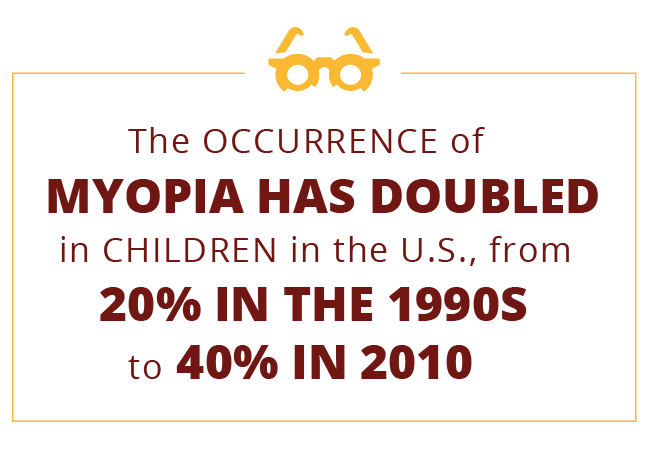
And that number is growing!
While there is a hereditary factor, experts overwhelmingly agree the significant increase in recent years is related to environmental factors, including increased screen time and less time spent outdoors, which can result in a deficiency in natural sunlight exposure.
Many parents are concerned about children becoming more nearsighted as they are increasingly using more digital devices for both instructional and leisure time. This worsening of nearsightedness over time is called Myopic Progression.
Myopia is related to how your child’s eyes are growing. For this reason, it’s important to control the progression of this vision-stealing condition.
At Cargo Eye Care, we are proud to be on the leading edge of treatment for Myopic Progression.
Myopia Control is a type of therapy we offer our pediatric patients who are systematically becoming more and more nearsighted.
We offer the following options:
Several studies have shown that atropine 0.01% drops are effective in slowing myopia progression in young children. This easy, minimally invasive treatment consists of an eye drop applied daily at bedtime for one year. That’s it! Our clinical team will follow up with the patient every three months to monitor for any changes.
This is the first easy-to-use, single-use soft contact lens that is clinically proven to slow the progression of myopia when initially prescribed for children 8-12 years old. It works by correcting vision and slowing the elongation of the eye through ActivControl™ Technology. Over three years, MiSight reduced myopia progression by 59%, versus a single-use contact lens that only corrects vision.
This gentle, non-surgical treatment uses specially-designed contact lenses that reduce the effect of myopia with continuous overnight wear. These lenses are made specifically for your child’s unique eyes, and they work comfortably to gently reshape the cornea to correct vision while they sleep.
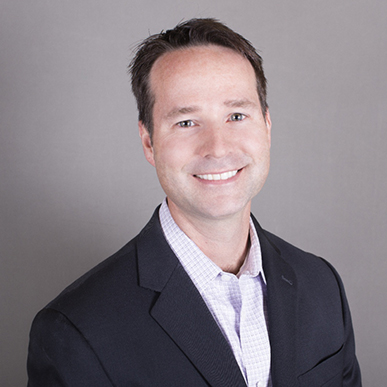
Founder of Cargo Eye Care, Dr. Cargo specializes in ocular therapeutics, disease treatment and comprehensive vision care.
A Metroplex native, Dr. Cargo graduated from University of Texas at Austin with a degree in molecular biology. He spent a year apprenticing with a pediatric ophthalmologist before completing his graduate work at Nova Southeastern University, College of Optometry. He holds an extended scope license that allows him to prescribe oral medications and treat glaucoma. He also has advanced training in laser and minor surgery.
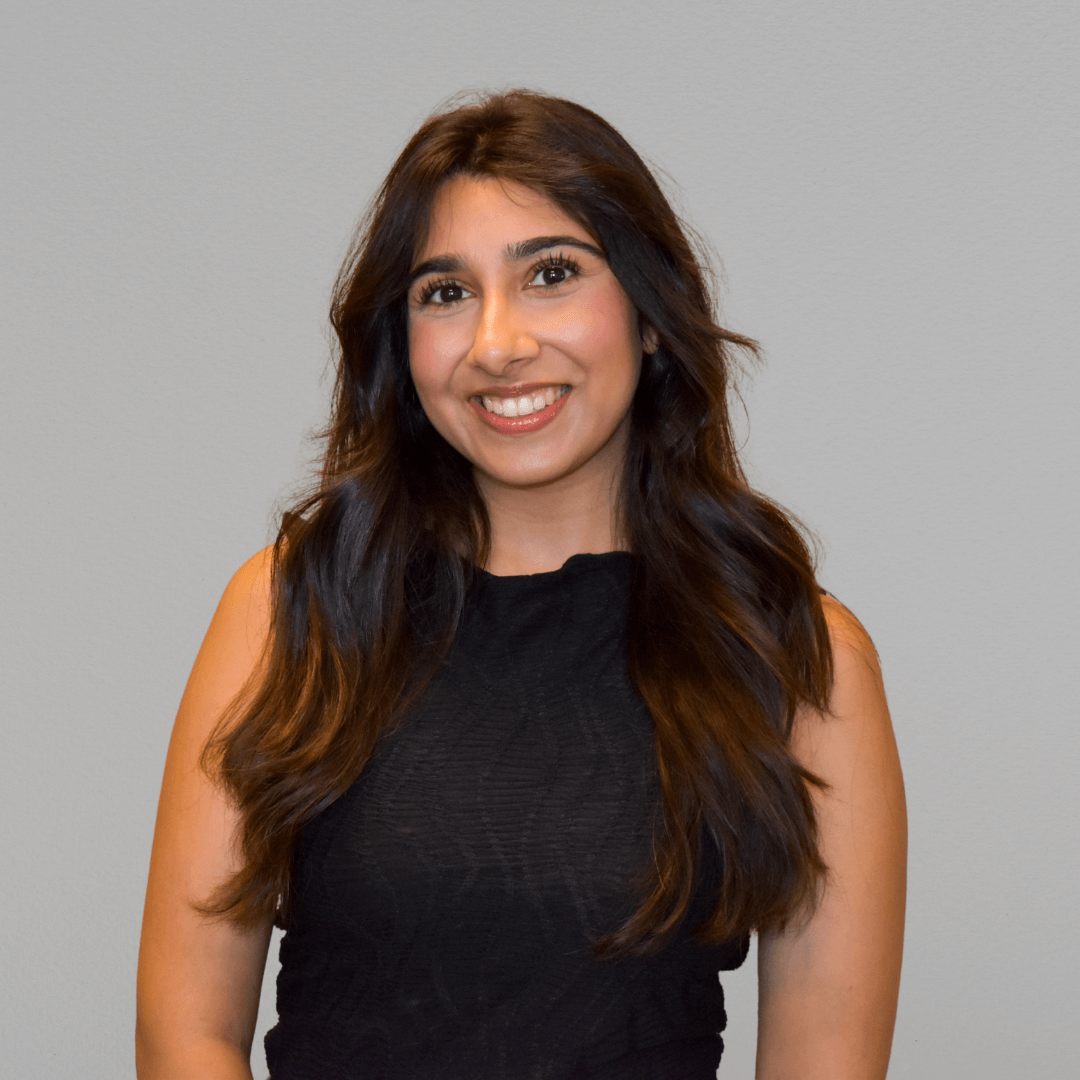
Dr. Savani joined the Cargo Eye Care team in 2025, bringing with her a passion for personalized eye care and a strong foundation in specialty lenses and myopia management.
Dr. Savani holds a Bachelor of Science degree in Psychology from Texas A&M University, and recently completed her graduate studies at the University of Houston College of Optometry. Dr. Savani has a tremendous amount of experience in pediatric care, specialty lens fittings, myopia management, and disease management. She has an extended scope license that allows her to prescribe oral medications and well as manage and treat glaucoma.
At Cargo Eye Care, we are committed to improving the quality of life of all our patients with the opportunity to see better. We want to make sure parents are aware, informed and equipped to make important decisions for their children’s ocular health.